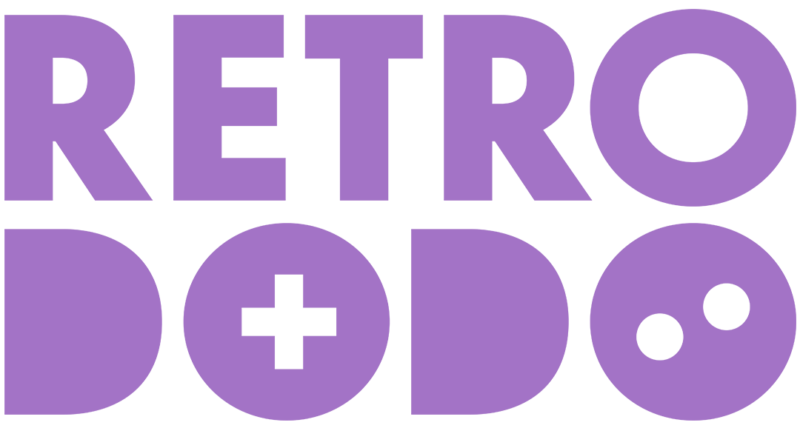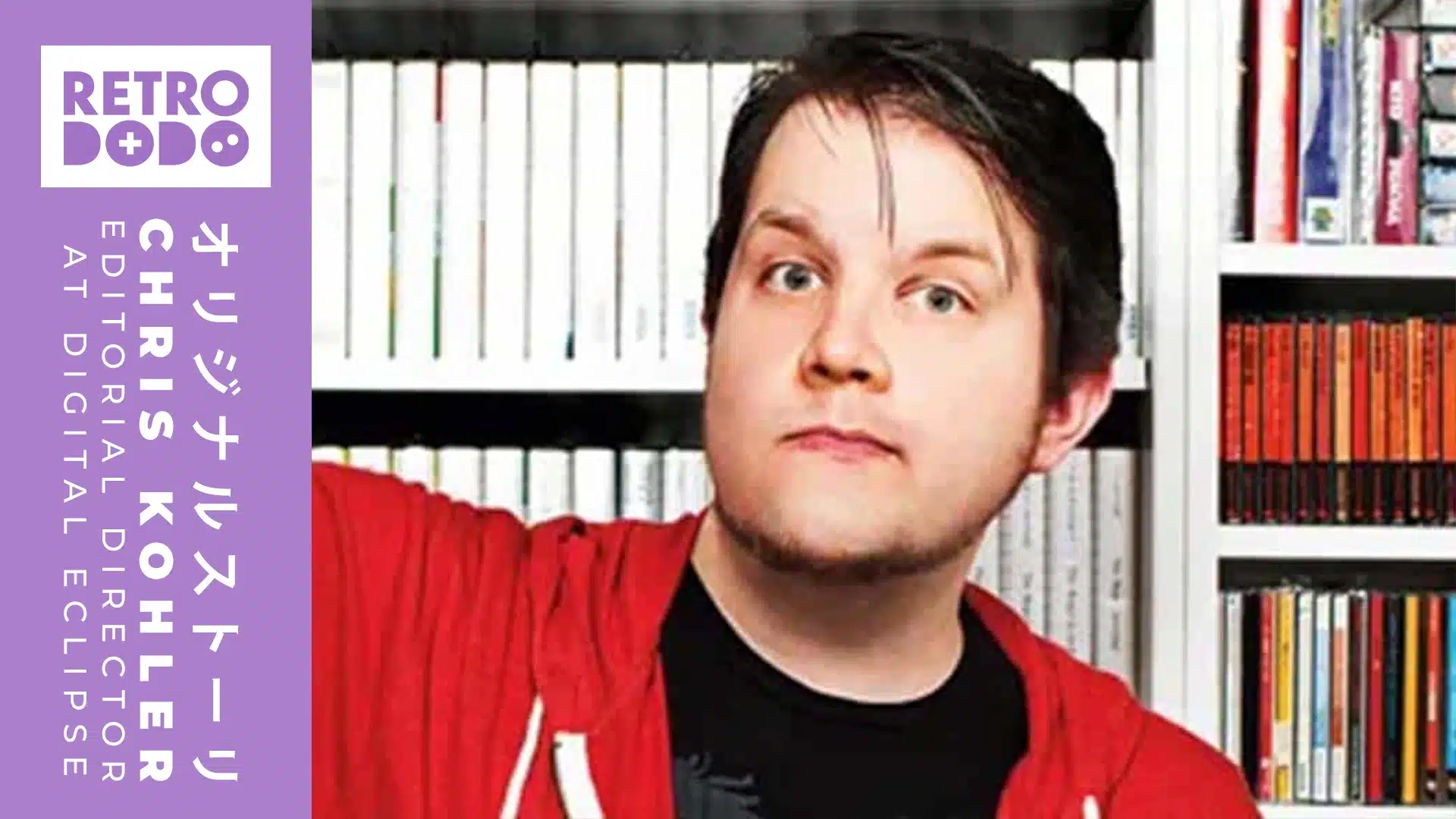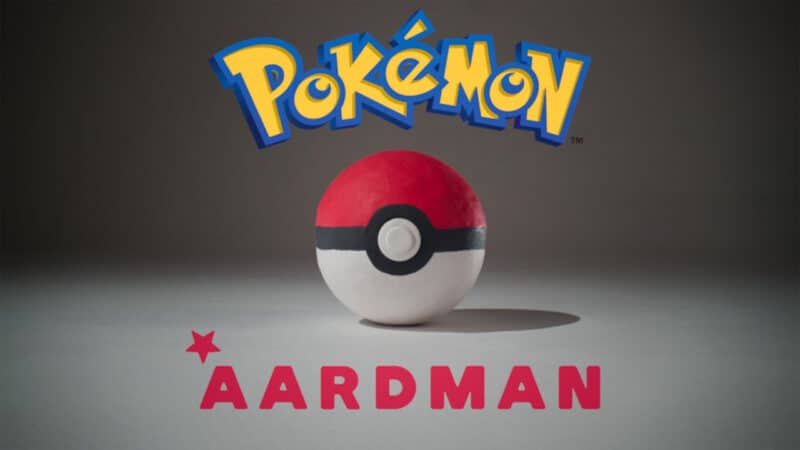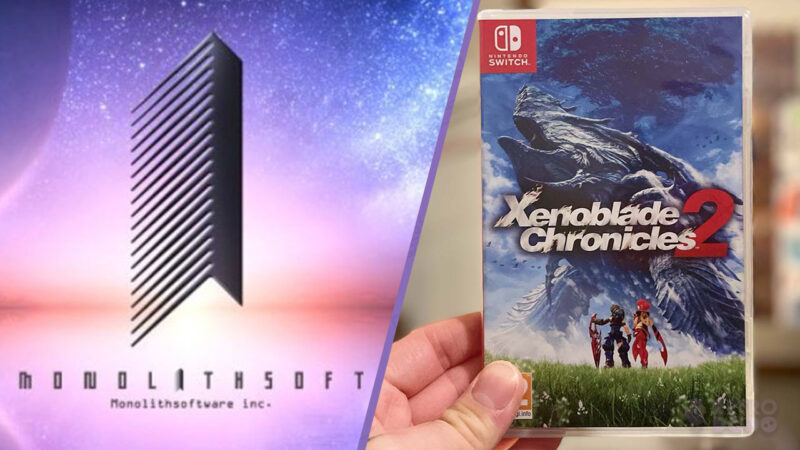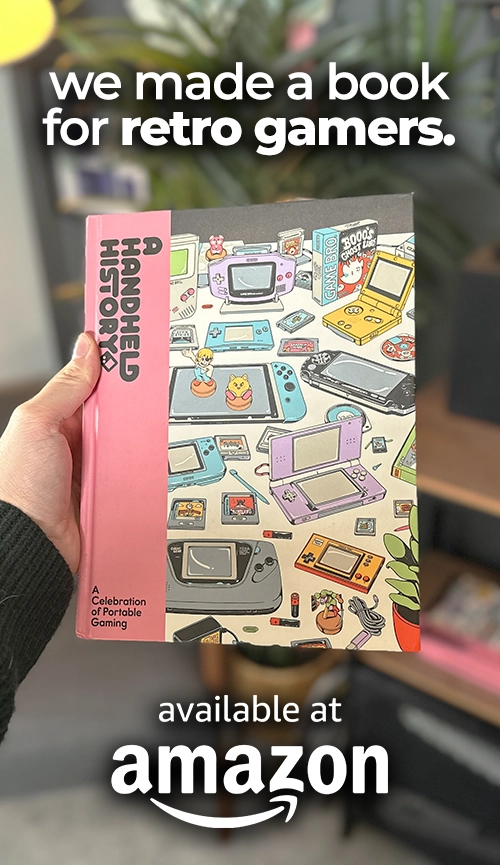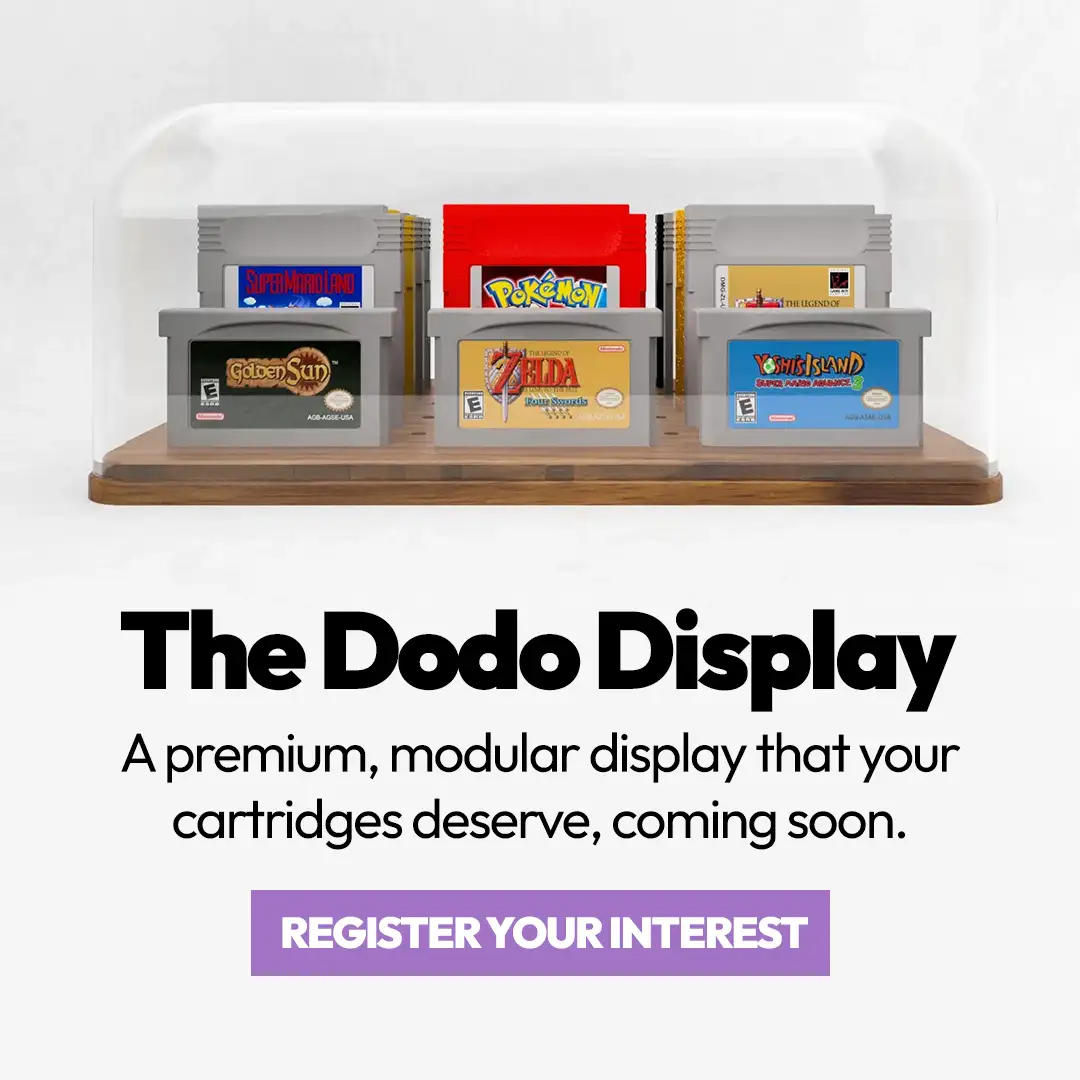Welcome back to another edition of Let’s Talk Retro, the series where we dive into the lives and careers of the people behind our favourite video games, mods, and incredible achievements within the retro gaming space!
As we grow older and the technology used to create games adapts and evolves, it’s becoming increasingly more and more important to document the past, to archive the processes and procedures involved with making the games of yesteryear, and the producers and creators who were revolutionary in their fields. With that in mind, we sat down to interview Chris Kohler, the Editorial Director of Digital Eclipse and the brains behind such projects as the ATARI 50 Video Game compendium, The Jeff Minter Story, and the Making of Karateka, a documentary that you might well have remembered us talking about with Jordan Mechner, the creator of Karateka and Prince of Persia.
This article is comprised of extracts from our 50-minute podcast interview with Chris, a journey that taught us all about his history within the world of video games, creating important edutainment games that both excite and inform gamers all over the world, as well as discussing some cool facts about the upcoming Power Ranger’s game ‘Rita’s Rewind’. If you enjoy this short snippet (come on, I know you’re going to), then you should definitely listen to the full episode of our interview with Chris at the bottom of the article! So, without further ado, take it away Chris!
Table of Contents
Getting To Know Chris Kohler
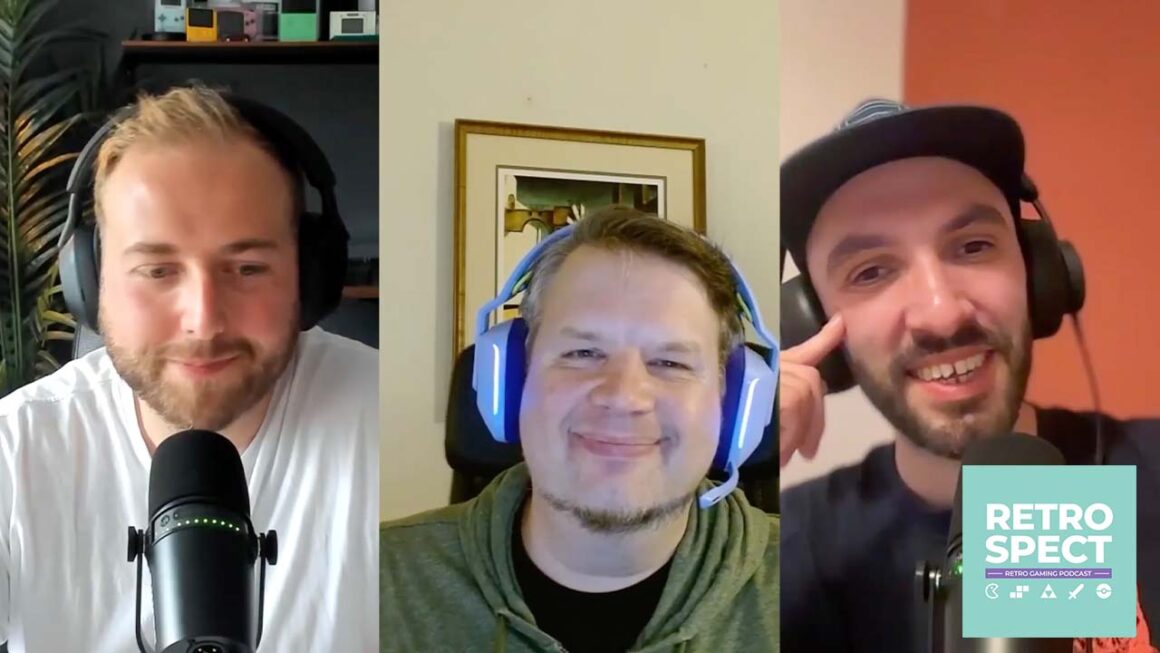
RD: Thanks for joining us Chris, I know it’s early where you’re based. If you could give our listeners a quick introduction to what you’ve done and what you’re working on currently that would be great!
CK: Sure! Hi, I’m Chris Kohler, currently Editorial Director at Digital Eclipse, which is a game development studio out here in Emeryville, California, just across the Bay Bridge from San Francisco, where I was racing across the Bay Bridge this morning to be able to get here on time for this interview. By the way, we are in Atari studio, so we’re part of Atari, so I work for Atari, which is not, I think when I was a kid, I was like I’m going to work for Nintendo, and now I work for Atari!
CK: So yeah, as editorial director at Digital Eclipse, I touch every project within the studio to some extent, but the sort of the vast majority of the work that I do is on the projects that we lead on the Editorial team, and those would be things like ATARI 50, the Anniversary Celebration, Ninja Turtles, Cowabunga Collection, The Making of Karateka, Llamasoft, The Jeff Minter Story, the Interactive Documentary that we’ve been working on. And sort of the basic idea behind that is, rather than do a retro collection where it’s the sort of typical thing where here’s some old games, play them, make your own fun, figure it out. And maybe here’s some bonus materials.
Bringing Back Edutainment
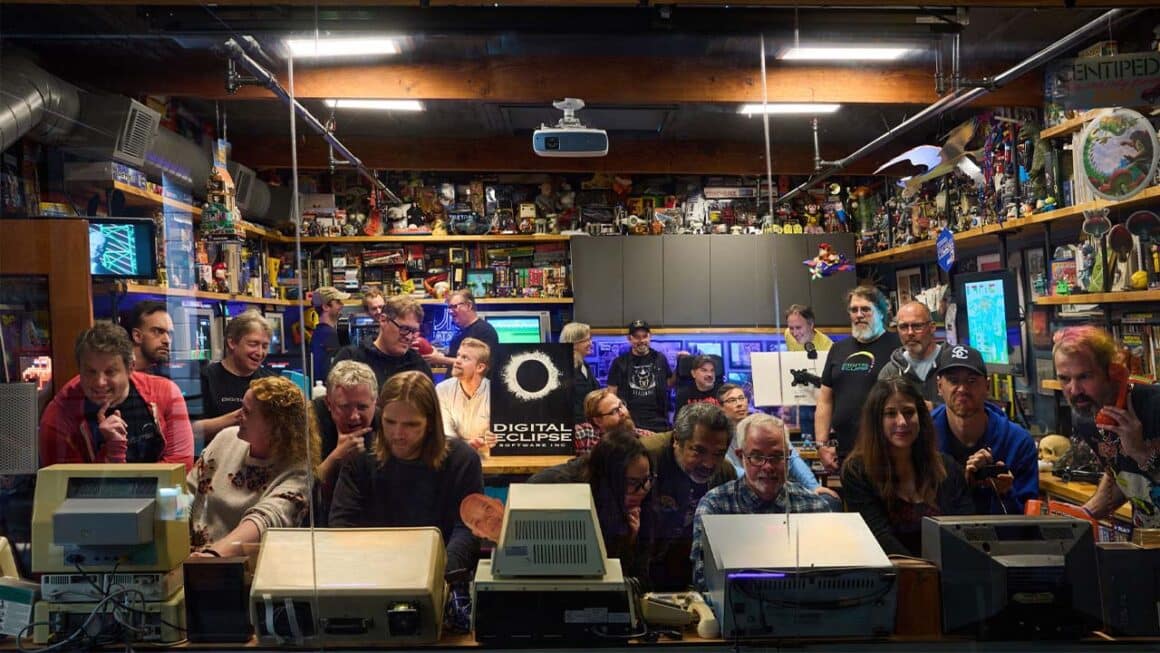
RD: Interactive documentary is such an intriguing term. Can you unpack that a little more for our readers?
CK: It’s more like, we are going to tell you a story. We are going to tell you a story about a time, about people, about a certain place, and about certain things that happened in the history of video games. And we are going to use documentary film, we’re going to use archival materials, we’re going to use playable games.
CK: And we’re going to put those all together for you, you know, in chronological order. So that we can, when you’re done, you haven’t just sort of like bought a disc full of some old video games, you’ve been treated to a whole story about something cool that happened in video game history. And you know where and when it happened.
RD: I love how you’re creating this whole package in which someone can experience so many things in one unique package and coming out the end of it saying that they’re smarter, they’ve had a great time, and with stuff, they can tell people cool things at parties. It’s the perfect combination!
CK: Exactly. We’re bringing back edutainment. We’re really doing it.
A Lifelong Love Of Gaming
RD: Edutainment; I like that word! Talk to us about how you got into this role. Were you much of a gamer when you were younger? You said you were a Nintendo fan but now working for Ataria, but talk to us about your history.
CK: Sure. I think one of my earliest memories of a video game is being at my dad’s workplace probably in 1982 or 1983. I must have been two or three years old, sitting up on a stool at a workbench looking at Superman for the Atari 2600, and probably trying and failing to play it. And the cool thing was that it was on a pirated EEPROM chip because my dad had figured out how to copy Atari 2600 games using early 1980s parts and things like that, that he’d pick up at Radio Shack or order from catalogs or whatever he was doing. Not even at that point because this is 1983, all these games are a dollar, you know what I mean, and sitting in bargain bins because it’s like peak crash.
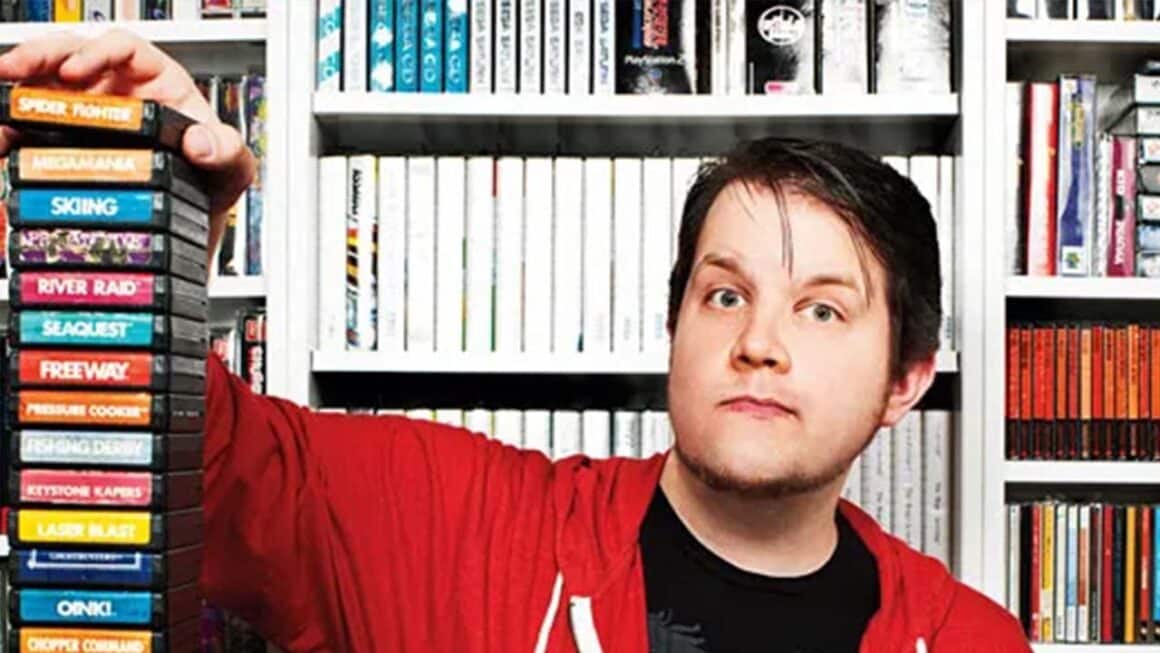
CK: I started making my own games in ZZT and realizing that this was, like, too hard, that it wasn’t giving me the instant gratification that I wanted. And I thought, but if I’m playing these games, then I can write about them. And so I learned about fanzines, because again, before the internet, if you were a fan and you wanted to write your thoughts and opinions about video games, you would literally get some desktop publishing software and you’d write your thoughts and opinions and you’d lay it all out in a magazine type thing. Then you would print it on your ribbon printer, like not even an inkjet printer, like literal ribbons of ink, and print it out, walk it down to Staples and photocopy it, and then try to find some people to mail it to.
CK: Then all our addresses were printed in video game magazines because we’d say “Oh, we’re making this fanzine, write to me, send me a dollar, I’ll send you a copy. So now I’m sending out dozens of fanzines all over the place and I’m sending them to the magazine editors. So when I was 16, a magazine editor was like, yeah, this is a cool fanzine.
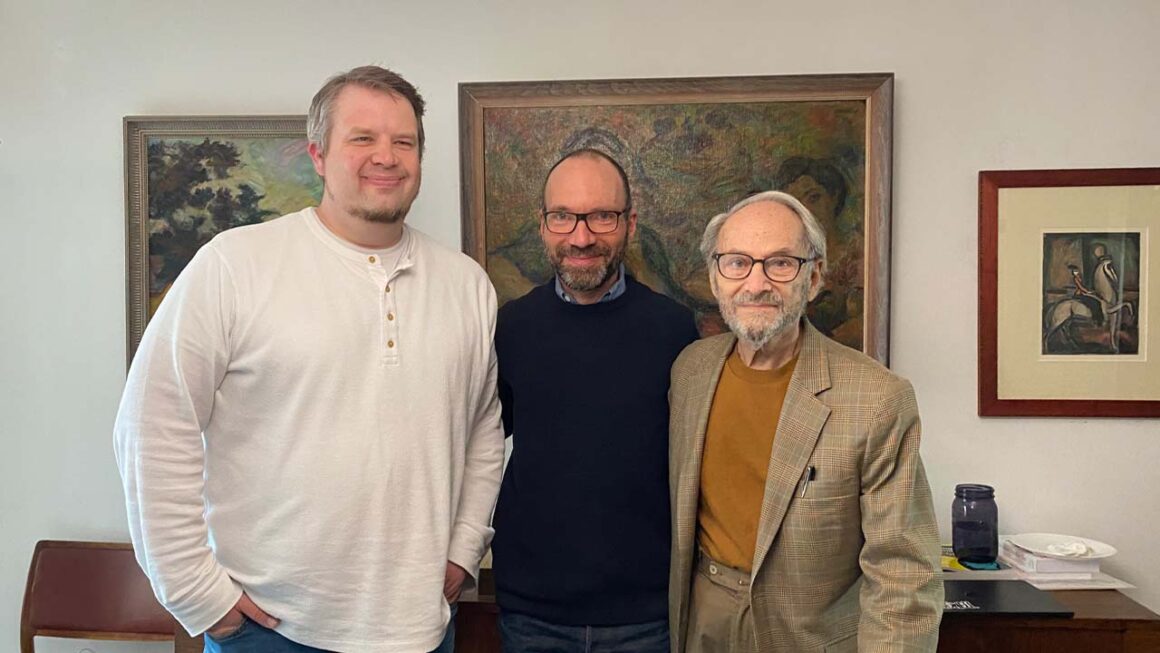
Documenting The Past For Future Generations
RD: And that excitement of writing about video games has eventually led to you being the Editorial Director of Digital Eclipse, and now you’re writing about video games in a whole new area and documenting the titles that inspired you as a kid.
CK: Digital Eclipse is really involving the retro collection with every release. And so it was like, well, how do we, how do I not just replicate what had already been done, but how do we carry that ball even further? And this sort of led us down this path now to where we were calling them interactive documentaries, and we really truly believe it’s like the sort of the video game equivalent of a documentary film.
CK: And I’m doing a lot of the things now that I was really passionate about, you know, on the journalism side, which is what I loved writing about old games. You know, I loved it when I would have interviews with you know, you know, sometimes like people from Nintendo, and I was like, okay, we want you to talk about this brand new game for the Wii. And I’m like, I’m sitting in front of the guy who did pixel art for Donkey Kong Jr., I’m sitting in front of the guy who directed Super Mario Bros. 2, and it’s like very few people have ever gotten to ask them questions. I ended up putting up a story, from Ken Skate Tanabe, who I was supposed to be there talking about Donkey Kong Country Returns. And we did, and I ran a full Donkey Kong Country Returns story. But I was also just thinking that I’ve got to ask questions that nobody’s ever asked while I had the chance. So now I get to do that in our studio and sit down with people and interview them and just talk about stuff without any pressure, going as deep as possible into these stories that no one has ever told. The best part of the job is being able to do that now.
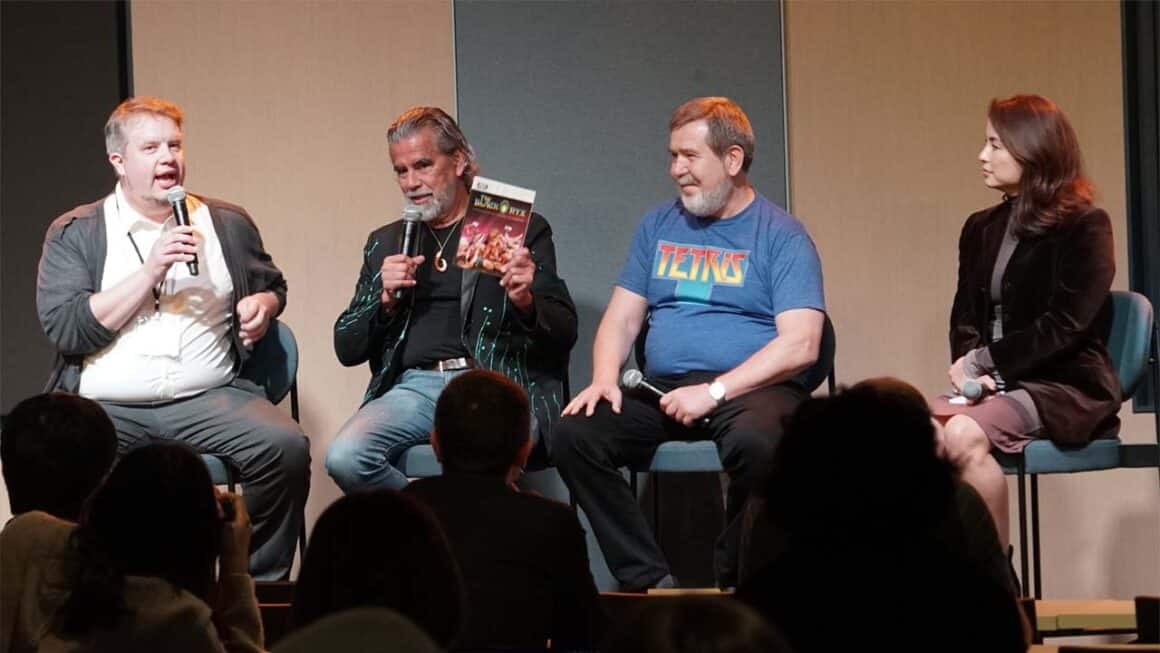
RD: I was going to say you need to be asking the questions that nobody’s asked before to make this, you know, interactive documentary as unique as possible. I guess that’s one of the difficulties of doing your role, right; sourcing this material, talking with people, and packaging it up like nobody’s ever done before? You’ve got all this information there that’s like… you’re creating a video game, you’re like a historian in this sense, and to get all these things right there on your plate must have just been like the world’s best jigsaw puzzle, the greatest Rubik’s Cube ever that you can just sit and slowly work on while creating these amazing educational games that we’ve been talking about during this interview.
CK: You are absolutely correct. I mean, I remember, one of the big ones was actually with Cowabunga Collection where it’s like, I got it, I woke up to an email from our producer at Konami with a zip file in it. And it’s like opening up that zip file, it was like Christmas because I opened this massive zip file and it’s all in folders and stuff like that, but it’s all in folders based on, because all this stuff, all these design documents for the Turtles games, which again were some of my favorite games on the NES.
CK: They were sort of in order and sort of not in order. They were sort of organized into folders based on the physical folders that they had been in, in the Konami archives. And again, these things, as far as I know, up until we had done this collection, they only existed as like a piece of paper in a building in Tokyo. So these things were, they were one earthquake, tsunami, you know, volcanic eruption… the earth opening up and swallowing them all away from being gone forever. And so it’s wonderful to be able to preserve that and get all that out to people. And to start looking at it, I mean, you open up like one of these design documents and it’s full of early-level designs!
It’s Morphin’ Time!
RD: As a diehard Power Rangers fan from when I was about six years old, seeing the fact that you guys are creating a new game for such a popular series from my childhood is phenomenal. And even though this isn’t like the educational package like some of the other ones that you’ve been doing where you’re working with Jordan Mechner, you are continuing that work in a different branch by having a new game in such a long-standing series. There will be so many people who maybe didn’t watch the original Bandai series and stuff that we did as a kids, or didn’t have the figurines where the heads spun around or the original movie with Ivan Ooze. So while you’re not making a Power Rangers database, as it were, you’re furthering people’s understanding of what Power Rangers is and getting a whole new audience for that. And that must be really special to be working on games like that, where you can get parents sitting down there with children going, ‘Oh, we used to watch Power Rangers when we were kids.’
CK: I had a fun dad moment when we were sitting watching the Summer Game Fest, knowing that Rita’s Rewind was going to be announced. And we watched the trailer and my son was like, ah, ‘I can’t wait to play this game’. I’m like, ‘You can play this game right now, it’s on my computer. Just don’t tell anyone!’ There was like geometry, you know, untextured geometry in the level and stuff like that. But I’m like, yeah, play it right now.
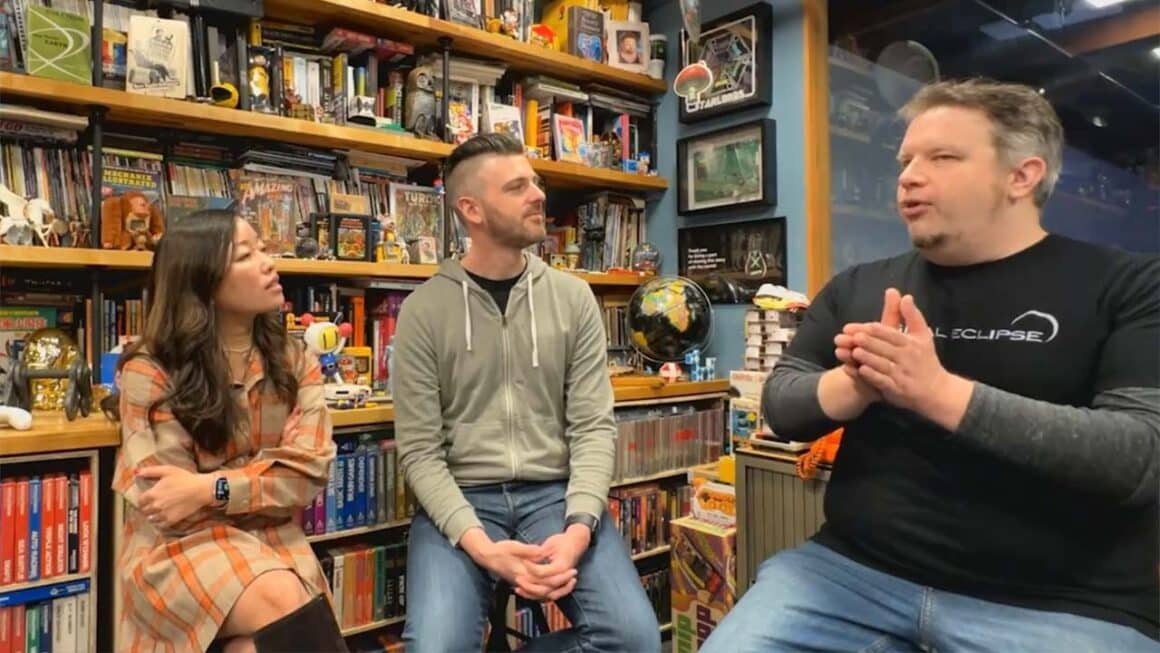
What’s Next For Digital Eclipse?
RD: The last question for us is one that we do like asking here on the podcast and it’s directed more towards the future. What are you working on? What’s next in the pipeline? Are you going to be diving into more kinds of interactive museums of developers or video games? What’s coming up?”
CK: You will absolutely see, you know, more of the Gold Master series will continue. The interactive documentary style releases and… whether you call it a museum or a documentary or a timeline, things, things of that nature. We’ve had a lot going on here at the office. And so, you will absolutely be seeing the fruits of that beyond that. I don’t know what else I could say, but like, we are absolutely just in a crazy period right now. A lot of projects are happening. So like, if you like what we’re doing at Digital Eclipse, there is a lot coming up in a short span of time. So get ready!”
Thanks to Chris for joining us on the Retrospect Podcast! It was great to talk to him about his varied and exciting career as well as the processes involved with creating such detailed archives for modern audiences. Head to the Digital Eclipse website to find out more about what Chris and the team are up to, and don’t forget to listen to the full episode below!
